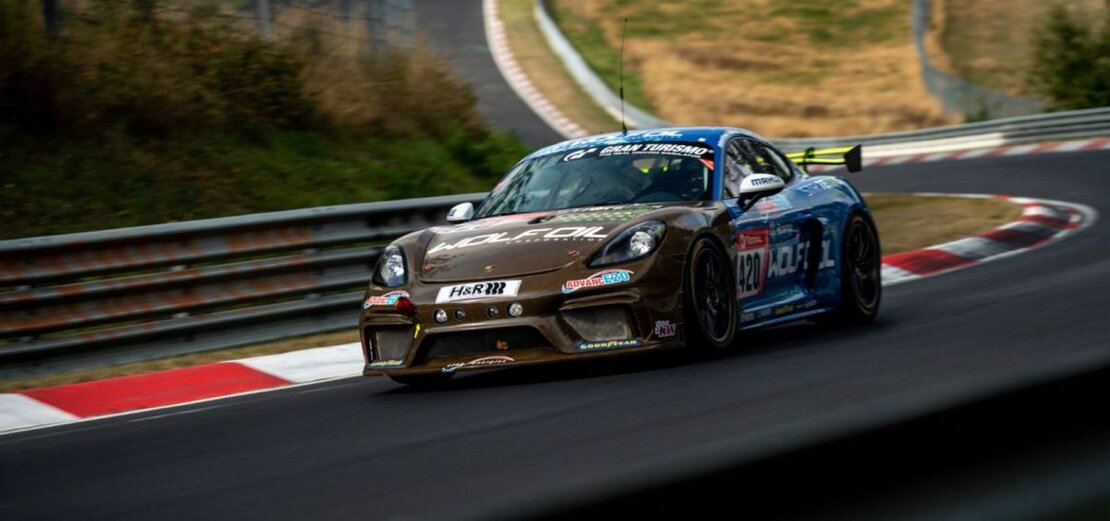Bcomp raises CHF 32m in Series B round with leading investors
07.04.2022Leading mobility and impact venture capital funds have invested in Bcomp’s series B round under the lead of BMW i Ventures. The CHF 32.4 million (USD 35 million) will enable the sustainable lightweighting specialist to scale its workforce and increase its global commercial and production footprint.

Bcomp is the leading provider of renewable natural-fibre composite materials (AmpliTex and PowerRibs) for stiff- and lightweight body panels. The technologies enable significant weight-savings while causing up to 75% lower CO2 emissions compared to similar carbon fibre parts, and they meet the same high safety and quality standards.
Porsche is integrating the technology in its 718 Cayman GT4 Clubsport MR, which will for the first time undergo tests at this year’s 24 hour race at Nürburgring. Since early 2019, Porsche manufactured the two doors and the rear wing of the small series racing vehicle out of a natural-fibre mix, sourced primarily from renewable raw materials. Now for the first time, the front and rear aprons, the front spoiler, front and rear lids as well as the mudguards and diffuser including the aerodynamic fins are also made of this regenerative material. These materials replace the metal and plastic injection moulded components of the production sports car.
For the doors, light balsa wood serves as the core of the composite material. The sandwich construction correlates to the well-known resin transfer moulding (RTM) process used in the production of carbon-fibre components. By contrast, for the rear wing, layers are impregnated with epoxy resin then baked in an autoclave.
The newly added components made of natural-fibre reinforced plastic are created using a vacuum infusion process and contain Bcomp’s proprietary powerRibs technology to fulfil stiffness requirements. Materials of varying thicknesses and fibre orientations ensure the precise adjustment to specific purposes and load scenarios. Natural-fibre composite materials are particularly suited to areas that are not or only partially part of the vehicle structure. Moreover, the damping of vibrations improves fivefold and, in the case of an accident, splinter into larger and less sharp pieces.
The development of this project began in 2016 with collaboration between Porsche, the Federal Ministry of Food and Agriculture (BMEL), the Fraunhofer WKI and Bcomp.
(www.startupticker.ch)